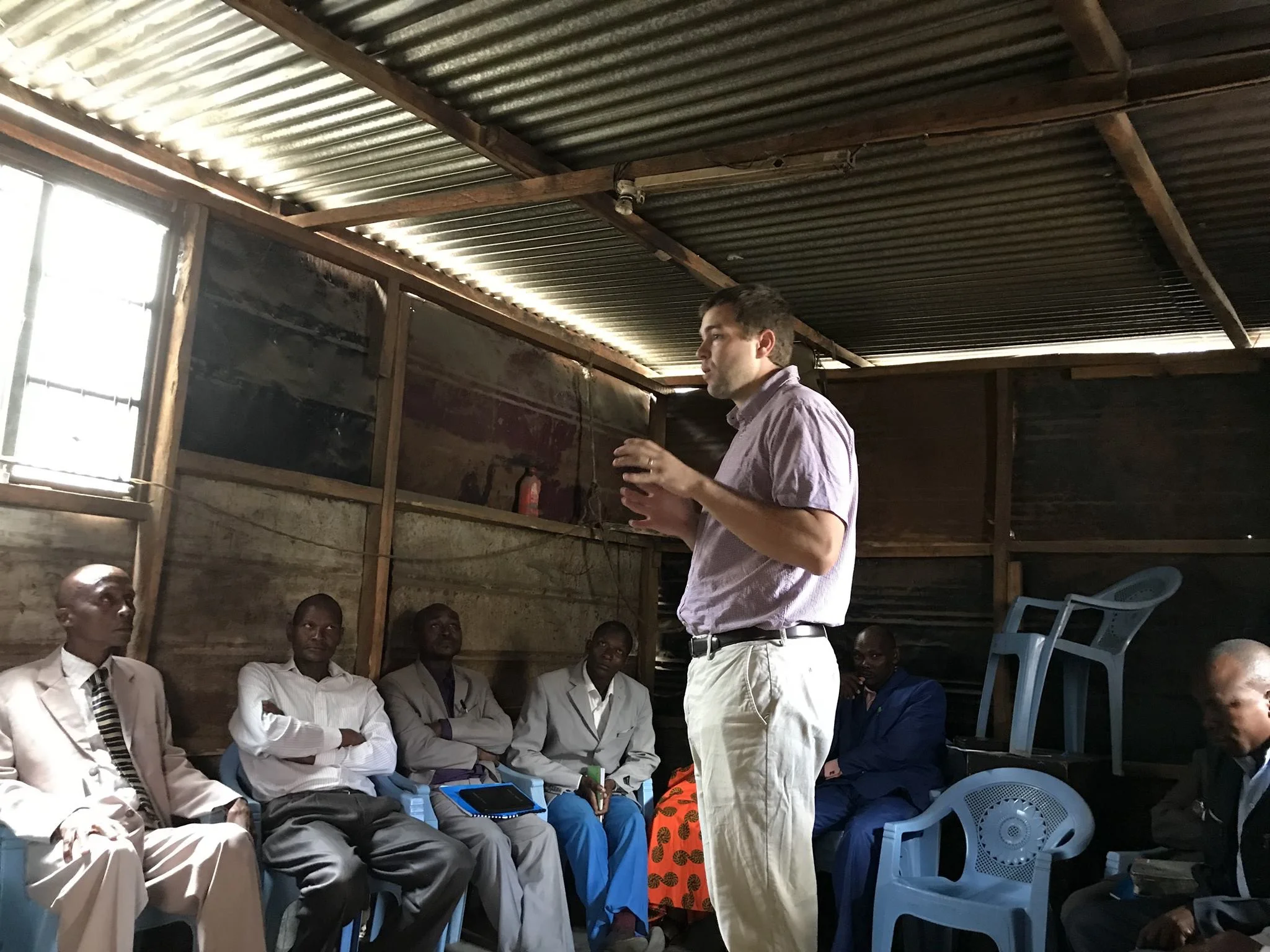Chronological Bible Storytelling (CBS)
Chronological Bible storytelling is one of the exciting tools being used throughout the world these days in planting churches among unreached people groups. Chronological Bible story teaching began with New Tribes Missions as they worked among tribal groups in the Philippines. One of the most valuable resources in this area is a book called Firm Foundations by Trevor McElwain of New Tribes. On one hand, chronological Bible storytelling (CBS) is fairly new in the world of missions as an intentional method of evangelism and discipleship. On the other hand, CBS is as old as biblical history. Our sovereign God decreed that the historical events of the Bible occur in a certain order and decreed that people remember them in stories that were not only written down, but also passed down from generation to generation by mouth. These stories, starting with the story of Creation and extending all the way through the stories of Jesus and the early church, have become for us a clear history of almighty God working out his plan to bring redemption to a sinful, broken world. And even as God was working out history so that we might be saved, but he was also through His stories teaching mankind all along the way all about Himself, about man, and about how sinful man may be restored into relationship with that merciful God.
What is Chronological Bible Storying?
It is chronological . Instead of taking quick shortcuts to present the Gospel message, CBS teaches the Gospel in a much slower, fuller way that is particularly valuable in long term relational evangelism and discipleship. CBS involves teaching through Bible stories in chronological order, beginning with Creation and continuing to the stories of Jesus. By doing this we lay a firm foundation of who God is, who man is, and how God wants to relate with men. In CBS, one might use 30 to 45 Bible stories which are key to the redemption message, all presented in the same order in which we find them in Scripture.
It is Bible. It is not simply using stories from our lives to illustrate the message of our sermons. It is not even simply using Bible stories for illustration only. It involves telling the Bible stories accurately and teaching the main principles of redemption found in these stories.
It is storytelling. Storytelling as a method of communicating the Gospel and biblical truth is very valuable in the African setting because Africans are story tellers. Most of the crucial truth and wisdom that passes down from generation to generation is communicated in an oral method – through story and proverb in the context of community – rather than through books and note taking. Most people prefer to learn the most important things through story. Stories help isolated truths make sense because they give context. Stories are also more interesting for people to listen to. Lastly, stories are far easier for people to repeat to their friends and family than are three point sermons! Therefore they can more easily share the message with others. We may simply read stories from the Bible and teach about them verse by verse, which is valuable. But even more effective, I believe, is to not only read a story to your people, but to learn the story by heart so that you may tell it in its entirety with feeling and persuasion. Then you may teach the truths found there is simple, understandable ways. One of the best ways to do this is through simple questions that help the people think about the story themselves under the leader’s guidance.
What We've Achieved
We have seen Hundreds of Pastors trained in Chronological Bible Storying.
We have seen pastors and churches transformed by the message of the Bible shown in a simple way.
We have seen hundreds of lives come to Christ through the oral method applied by these Pastors we have trained.
We have reached over 15 counties in Kenya and counting with Bible Storying.
